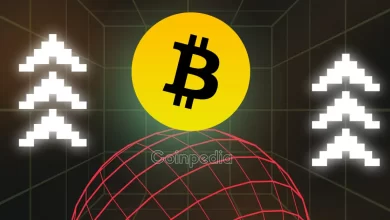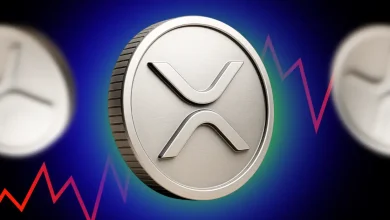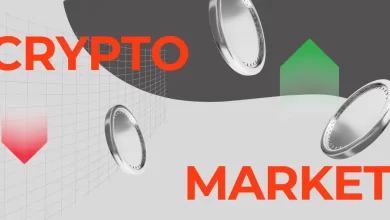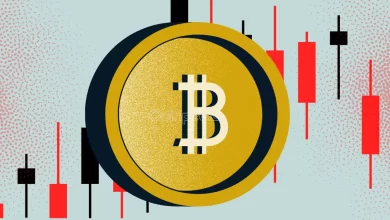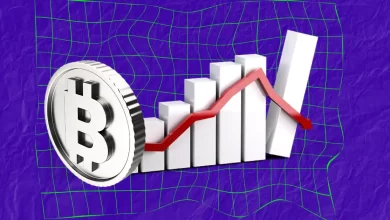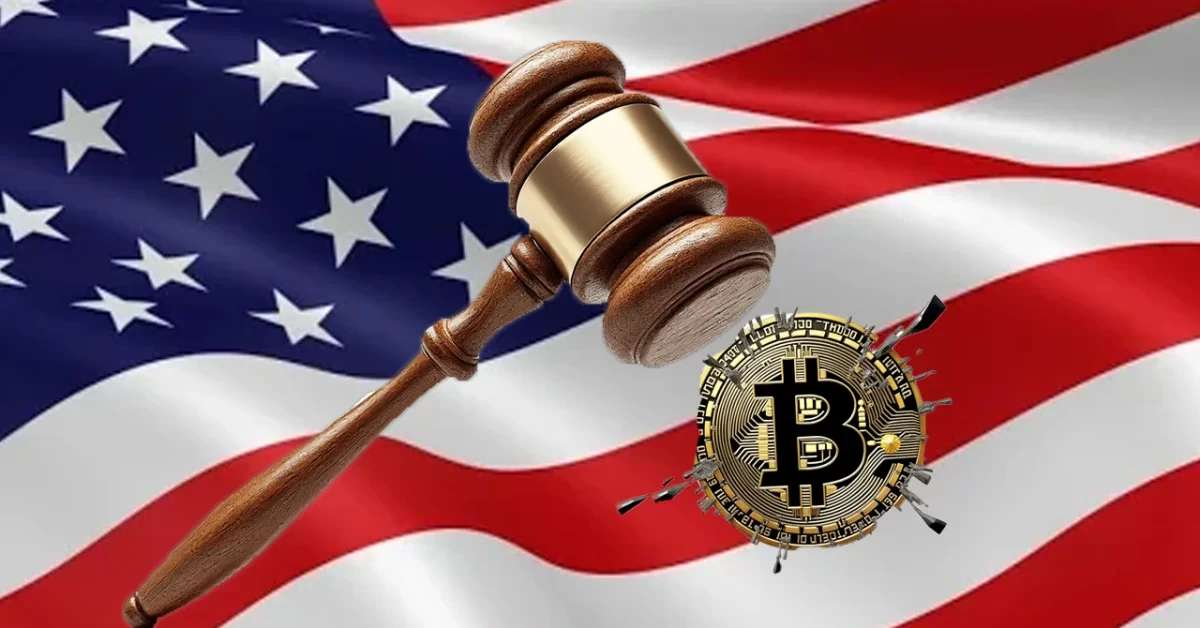
Fed Chair Powell dismisses Bitcoin reserve plans; Trump's strategy sparks debate on U.S. crypto policy.
U.S. Bitcoin Strategic Reserve: Fed resists, Congress decides, and Trump eyes swift action through executive power
Recently, Fed Chair Jerome Powell made it clear that the Fed has no intentions of taking part in any government plan to accumulate Bitcoin.
He underscored that such matters come under the jurisdiction of Congress and the Fed does not wish to seek a change in existing laws to allow for Bitcoin holdings. Powell’s statement instantly shook the market, which caused Bitcoin’s price to quickly pull back from its high earlier in the week. Besides, the probability of a Bitcoin Strategic Reserve dropped from a peak of 40% on the 18th to 34% after Powell’s speech on the Polymarket platform. WuBlockchain in the latest post has shared insights on whether the Fed could prevent the US from creating a national Bitcoin reserve.
Can the Fed Block the BSR plan?
The U.S. Congress is the highest authority in the financial system, responsible for enacting regulations and authorizing agencies like the SEC and Federal Reserve to perform their functions. It is important to note that while the Fed enjoys a high degree of independence in monetary policy and national economic stability, it does not have a “veto power” over the decision to establish a BSR.
Can Trump Quickly Establish BSR?
In order to quickly establish a strategic bitcoin reserve, the Trump administration could issue an executive order requiring the U.S. Treasury to use the Exchange Stabilization Fund (ESF) and directly purchase Bitcoin. Notably, the operation of the fund is not controlled by Congress, and the President and Treasury have significant independence in its use.
This approach would avoid the need for congressional approval, and reduce political opposition. However, the sustainability of such a BSR is uncertain, as future administrations could revoke or amend the executive order.
A Long-term BSR
To establish a long-term and stable BSR, a more legal and stable route would be through congressional legislation, incorporating Bitcoin into the “Strategic Reserve Act” or similar laws. This would formally recognize Bitcoin as a national strategic asset.
The “U.S. Bitcoin Strategic Reserve Act,” suggested by Senator Cynthia Lummis, follows this route which is currently under review by the Senate Banking Committee. However, this approach is more time-consuming and could face hurdles as the bill must pass both the Senate and House of Representatives and be approved by the President. Either way, the Treasury Department, rather than the Fed would ultimately take the lead in implementing the Bitcoin reserve.
Is There A Middle Way Out?
A middle path could also be pursued by the Federal Reserve and the Treasury Department for the Bitcoin allocation. The Federal Reserve could purchase Bitcoin through open market operations and add it to its balance sheet. However, given the Federal Reserve’s recent statements, this approach seems unlikely. The Treasury Department on the other hand could establish a special fund to invest in Bitcoin as part of a fiscal investment plan, it would require congressional approval.
Nevertheless, the Fed’s “no” does not outrightly reject the proposal for a BSR, and the Trump administration has shown support through action. While the Fed’s approach remains cautious, the Trump family’s actions indicate a muted struggle between traditional power and market innovation.
Never Miss a Beat in the Crypto World!
Stay ahead with breaking news, expert analysis, and real-time updates on the latest trends in Bitcoin, altcoins, DeFi, NFTs, and more.

